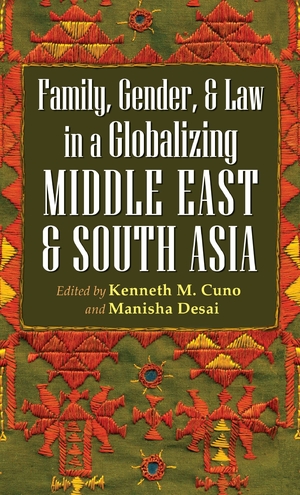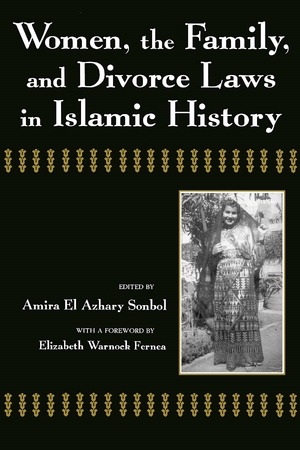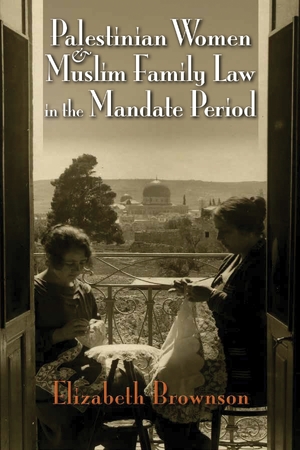"A work of high quality."—Choice
"Well-written, accessible, and well-organized. . . . Esposito reviews the four schools of Islamic law, concentrating on the Hanafi and showing the improvements that came for women with Islam."—International Journal of Middle East Studies
"A welcome publication . ... The book is not confined to an exposition of the law; it discusses its origins, development and the modern reform movement. . . .Commendable for [its] careful exploration of a highly intricate and sensitive subject."—The Middle East Journal
"[This] preose and academic study focuses on the historical and legal context for reform, and the methodology and extent of contemporary legal trends, particularly in Egypt and Pakistan."—Library Journal
Description
This second edition of John L. Esposito’s landmark book expands and updates coverage of family law reforms (in marriage, divorce, and inheritance) throughout the Middle East, North Africa, and South and Southeast Asia, and analyzes the diverse interpretation of Muslim family law, identifying shifts, key problems, and challenges in the twenty-first century.
About the Author
John L. Esposito is director of the Center for Muslim-Christian Understanding at Georgetown University. He is editor-in-chief of The Oxford Encyclopedia of the Modern Islamic World. His books include The Islamic Threat: Myth or Reality?; Islam and Democracy and Makers of Contemporary Islam (with John 0. Voll); Islam: The Straight Path; Islam, Gender and Social Change (with Yvonne Haddad); and Islam and Politics, Fourth Edition, the latter also published by Syracuse University Press.
Natana J. Delong-Bas is a contributor to and editor for the forthcoming Oxford Dictionary of Islam.
Related Interest
September 2001




